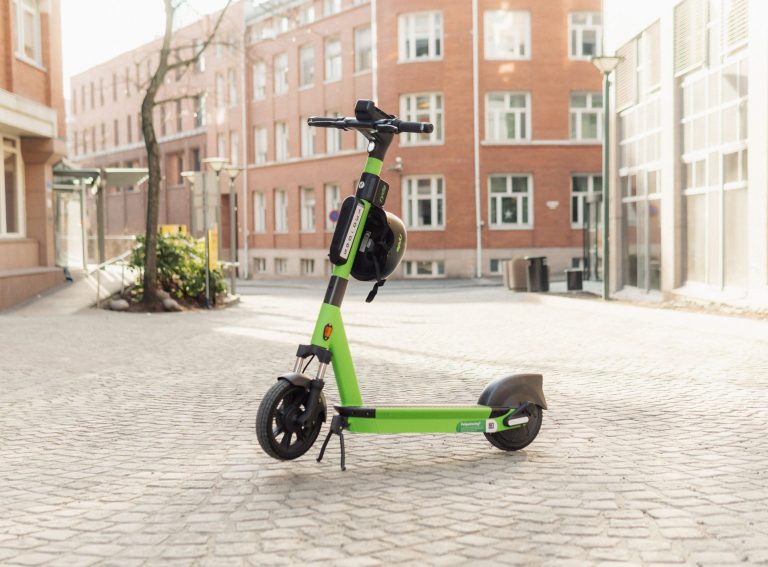The University of Salford’s Acoustics Research Centre has been given additional funding from the Innovation Strategy Fund to continue developing a universal sound for e-scooters.
The project was launched last year and aims to test whether artificial motor sounds on e-scooters can improve audible detectability for people with visual impairments, while avoiding adding noise pollution in cities. In total, Salford Acoustics has now received more than £100k for the research.
Operating in partnership with micromobility firm Dott and the Royal National Institute of Blind People (RNIB), Salford Acoustics has created a series of sounds in its acoustic research facilities.
Preliminary results indicate that improved noticeability of e-scooters using sound can be achieved without adding to noise pollution.
“We are delighted with the progress made on this project,” said Dr Antonio J Torija Martinez, Principal Investigator of the Project at The University of Salford.
“Based on initial research, we found that the addition of a well-designed acoustic signal can significantly increase vehicle awareness and ultimately safety.
“The additional funding secured from the Innovation Strategy Fund allows us to carry out further research into the optimisation of acoustic awareness of light electrical vehicles that will be effective for those with visual impairment in complex urban environments. Our research will also be exploring how we integrate human responses to the design of acoustic solutions for e-mobility.”
Dott has said that phase one of this ‘Safe and Sound’ project has now commenced in consultation with several European National Blind Associations, and focuses on three core areas.
These are the impact of different sounds on users and the public, the feasibility and deployment of the sounds to work in tandem with vehicle hardware, and undertaking trials in different European locations.
Maxim Romain, COO and Co-Founder of Dott, said: “We are committed to supporting further research and collaborating with the wider industry and the partners in this project to find a global standard which can make shared e-scooters safer for both riders and pedestrians.”
Robin Spinks, Strategic Lead Innovation Projects at RNIB, added: “Light electric vehicles pose a significant safety hazard to many people with sight loss. We’re delighted to be collaborating with the Safe and Sound project at Salford as we continue to pioneer solutions to the detectability of quiet vehicles.”




